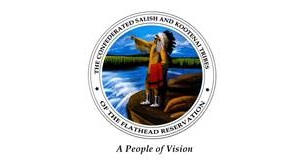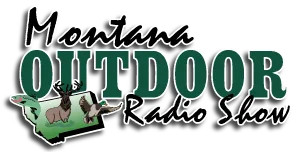Lake County will lease land to Tribes at no cost for 20 years so that Tribes can carry on operating their AIS inspection station to help keep Flathead Lake mussel-free
Lake County and the Confederated Salish & Kootenai Tribes (CSKT or Tribes) are pleased to announce that the parties have reached a lease agreement for a county-owned parcel in Ravalli in order to give the Tribes’ aquatic invasive species (AIS) watercraft inspection station a long-term home. Under the lease, CSKT will be able to use and improve the site for AIS boat inspection purposes, and its only lease costs will be maintaining the parcel and insuring the check station’s operations.
The Tribes’ watercraft station in Ravalli first began operating in 2017. CSKT and Lake County have worked together in the common public interest to prevent the spread of AIS since that time, when Lake County first allowed CSKT to use their parcel for the boat inspection station. Part of the boat inspection station also operates on state MDT land, and the Tribes are pursuing long-term arrangements on that parcel as well, to insure the inspection station’s existence into the future. The County and Tribes began discussions around a long-term lease for the parcel in the spring. This new lease will run for at least 20 years, and includes some improvements to the site, and the potential for other, future improvements, to make the station a more organized, usable, and convenient space, both for boat checks and for the staff, who are on site 24-hours per day in the summer season. As a long-term installation, the Tribes expect better compliance with both regular and occasional users.
Gale Decker, Chairman of the Lake County Commission, said, “The Commission was glad to have an opportunity to partner with the Tribes in this very necessary program,” expressing his support for the boat-check station’s success. This sentiment was echoed by CSKT Chairman Michael Dolson: “Keeping our waters free of AIS is a public priority, not a matter for the Tribes or the County alone. The governments have worked together in the common public interest on this issue for many years, and we look forward to continuing this partnership.”
The Columbia River Basin, including the Flathead Basin at its headwaters, is the last major basin in the United States without established zebra (Dreissena polymorpha) and quagga (Dreissena rostriformis) mussel populations. But that threat is moving closer to the Columbia River Basin and to Montana’s borders. In 2023, Idaho Falls tested positive for quagga mussel larvae within the Snake River. Pactola Reservoir in South Dakota tested positive for zebra mussels in 2022. Flathead Lake is in the top 3 destinations in the country for boats traveling from mussel-fouled waters.
AIS inspection stations are the first line of defense against the dangers of several plants, animals and pathogens that are not native to Montana and have caused extensive harm in other watersheds, such as Eurasian watermilfoil and quagga and zebra mussels. Preventing the introduction and spread of invasive mussels is the first line of defense against invasion.
The CSKT AIS inspection station in Ravalli is the only station in Montana to operate 24 hours per day, 7 days per week from March through October. It is the second busiest station in the entire state, having inspected over 14,145 watercrafts in 2023, 2,858 of which were high-risk (that is, boats that were last launched in states with known AIS infestations). In 2022, CSKT inspected 13,700 watercrafts at the Ravalli station, 2,913 of which were high-risk. In 2021, CSKT inspected over 17,500 watercrafts at the Ravalli station, four (4) of which were mussel-fouled and 1,350 of which were high-risk. The Tribes also operate a second boat check station in Thompson Falls.
Zebra and quagga mussels have devastating impacts on pipes, dams, docks, and ecosystems, costing the United States hundreds of millions each year in damages and maintenance. Since their introduction to the United States in the 1980s, zebra and quagga mussels have caused immense environmental, economic, and human health damages. Zebra and quagga mussels damage recreational activities, including sport fishing, by fouling boats, docks, ramps and other marina facilities; damaging boat engines and steering components; damaging beaches by littering them with sharp shells; and causing a foul odor as the mussels decompose. They clog up canals and pipes, impacting irrigation infrastructure, and inhibiting water delivery to stock and food growers. This in turn impacts food systems, delivery, and costs. Hydropower dams are also vulnerable to infestation. Zebra and quagga mussels cause dams’ mechanical systems to fail and water transmission to be reduced. Overall, maintaining and operating water supply and delivery facilities, water recreation, and other water-dependent industries and economies in mussel-infested water bodies is dramatically more expensive and complex.
For more information, contact Whisper Camel-Means Whisper.means@cskt.org or by phone at (406) 883-2888.




